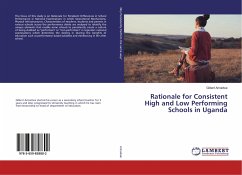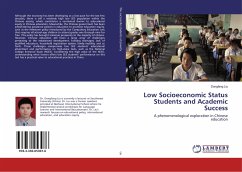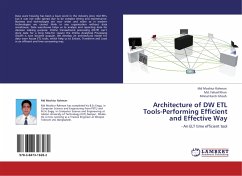This book looks at characteristics of high performing (HP) and low performing (LP) schools serving large numbers of underserved students (i.e., African American, Latino, and low socioeconomic). A review of the literature coupled with interviews of teachers and administrators of such schools reveal evidence that can be used to increase and sustain student achievement for all students, regardless of race and low socioeconomic conditions. A number of the key differences between HP and LP schools include: (1) The focus of Professional Development (PD); (2)Who and what determines the type, process and continuity of PD; (3) Collective Learning and Practice of HP and LP school communities; (4) Supportive School Culture and Climate; (5) Sustainability. Although many strategies and techniques have been implemented over the years to close the academic achievement gaps between HP and LP schools, the gap persists. This research shows that perhaps the reason for persistence lies not only in subject area content and pedagogy, but in a deeper human connection needed to ensure high quality education and sustainability. Effective PD will build mutual respect and community learning environment
Bitte wählen Sie Ihr Anliegen aus.
Rechnungen
Retourenschein anfordern
Bestellstatus
Storno








